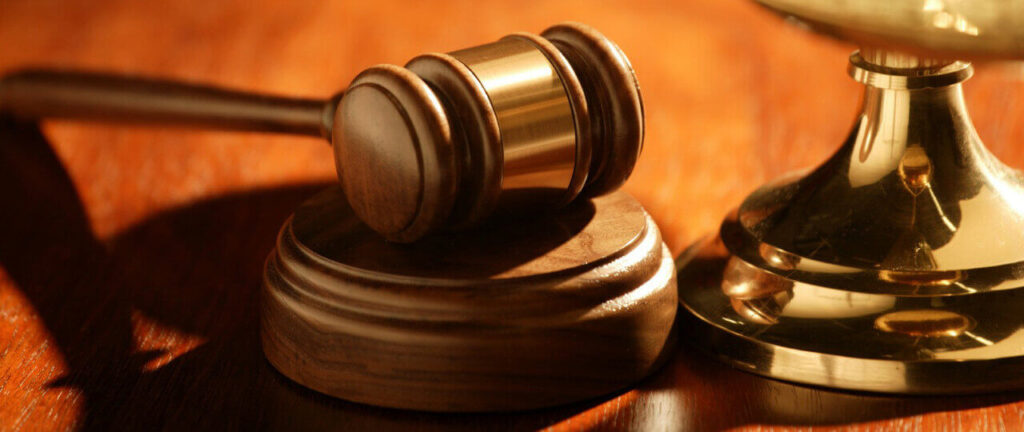The personal Status Law of the UAE has defined inheritance as the “imperative devolution of the property and financial rights upon the death of the owner to those deserving. In this post, you will be made to understand the nuances of the devolution of property to the deserving heirs of a deceased in the UAE as stipulated by the Law.
The Laws regulating inheritance are the Civil Law and Personal Status or Personal Law which were coined from the Shari’ah Law which is binding on all UAE Nationals. We will inform you of what the Law provides for Muslims.
Transfer of Estate of the Deceased who is a Muslim
If you are a Muslim in the UAE, the Shariah Law stipulates that after your demise your properties shall be distributed according to the Shari’ah Law which provides that your legal heirs and descendants have the right to claim your properties.
Before the distribution of the estates, the heirs of the deceased will have to be determined first and two male witnesses will be made available and to ensure conformity. The rights and liabilities attached to the properties of the deceased will be distributed based on the Shari’ah Law including the debts or usufructs in the property. It is also provided that before the devolution of the properties to the heirs is done, the deceased funeral expenses must be deducted initially.
The heirs to the deceased are expected to provide and submit some documents like the marriage certificate if married, the birth certificate of the deceased as evidence, and others. The heirs of an estate are;
- Children
- Spouse
- Siblings
- Grandchildren
- Grandparents
- Aunties and Uncles
- Cousins
- Restrictions on Heirs
The Law has restrictions regarding people who will not be entitled to the distribution of properties upon the death of a Muslim testator. These people are;
- A person who murdered the testator to get a share in the properties of the deceased
- An adopted child of the deceased
- A non-Muslim
- An illegitimate child
- A divorced woman provided she is not observing iddah.
Distribution of Property Through Will by a Muslim
A Muslim is allowed to draft a Will in order to distribute his or her properties after their demise. The principles regarding this rule are;
- A Muslim is allowed to only bequeath 1/3 of his properties.
- The Law also permits him to bequeath more than 1/3 of his properties on the condition that all the legal heirs consent to it in a written form.
- In a situation where the deceased devolves his properties beyond the stipulated 1/3 without the written consent of his legal heirs before he dies, for the execution of the Will, the heirs must provide no objection. Where the heirs do not consent or object to the Will, the properties of the deceased will be distributed according to the Laws of the Shari’ah.
Conclusion
This post is to introduce you to the expectations of inheritance in the UAE as some may perceive it as though the inheritance Law under the Shari’ah Law is intricate. The Law undoubtedly allows the inclusion of all deceased legal heirs and encourages a fair distribution among the heirs. We are open to providing you with more insight on inheritance as we are the leading firm that provides free legal advice online and you can chat from the comfort of your home with a lawyer in Dubai.
For more information about Will and distribution in the Middle East and Africa, and for all your business needs, advice, compliance and legal requirements in Middle East, Asia and Africa please feel free to contact us for a free consultation. We are just a click away. We also assure you that we will tend to your requests. We at eLegal consultants look forward to meeting you and ready to journey with you to realize your dreams. Contact us today.




